The current rules
Under the existing rules, tax losses can be carried forward and deducted from assessable income in future income years if the company passes either:
- the ‘continuity of ownership test’ or
- the ‘same business test’.
Continuity of ownership test (“COT”)
A company will satisfy the COT unless it has undergone a substantial change in its ownership or control during the ‘ownership period’, which is the period between:
- the beginning of the loss year, and
- the end of the year when the company wants to use the loss
A company will ordinarily satisfy this test if the same persons have more than 50 per cent of the voting power, rights to dividends and rights to capital distributions at all times during the ownership period. Special rules apply for widely held companies and unit trusts. Where a company fails the COT, it must rely on the same business test in order carry forward and use its losses.
Same business test (“SBT”)
A business generally satisfies the SBT if it carries on the same business in the income year it intends to claim the losses as it carried on immediately before the change of ownership or control which caused it to fail the COT. However, a business will fail the test (and so be unable to carry forward and use losses) if it fails one or both of the ‘negative limbs’ of the test, namely:
- derives assessable income from a business of a kind that it did not carry on before the test time (new business test), or
- derives assessable income from a transaction of a kind that it had not previously entered into in the course of its business before the test time (new transaction test).
The rules tend to discourage businesses from entering into new transactions or types of business which may cause them to risk losing the right to carry forward and use their tax losses, and this may inhibit them from innovating, adapting and growing their businesses.
The new rules
The proposed new legislation will introduce a more flexible ‘similar business test’ in addition to the existing SBT with the intention of improving access to tax losses and bad debt deductions for companies (and certain trusts). Collectively these tests will form part of the ‘business continuity test’.
A business will pass the similar business test if its current business is similar to its business prior to the change of ownership or control (‘former business’). Further, the negative limbs the apply to the SBT won’t apply to the similar business test.Therefore, business should be able to enter into new transactions and derive assessable income from new business activities following a change of ownership without automatically failing the business continuity test.
However, ‘similar’ is not defined in the Bill, and it will be a question of fact whether the current business is similar to the former business. In addition to determining the identity of the current business and the identity of the former business, it will be necessary to determine the extent to which:
- the assets (including goodwill) used to generate assessable income in the current business were so used in the former business.
- the activities and operations from which the current business generates assessable income were those from which the former business generated assessable income; and
- any changes to the former business resulted from the development or commercialisation of assets, products, processes, services, or marketing or organisational methods, of the former business.
Guidance on the test is provided in the explanatory memorandum to the bill as well as in the ATO’s recently released draft Law Practice Guideline LCG 2017/D6. In particular, they provide guidance on how each of the above factors will apply, and indicate the following:
- It will not be sufficient that the current business is of a similar ‘kind’ or ‘type’ to the former business.
- For a new business to be ‘similar’ to the former business, there has to be an element of continuity i.e. it has to have evolved or organically grown over time without changing its core identity or core source of income.
- In the absence of continuity of the former business, it will not be sufficient that the reasons for the change in business are reasonable and/or make commercial sense.
The test is broad and uncertain and may give rise to challenges and uncertainties for taxpayers looking to determine the exact scope of the term ‘similar’ when applying the rules to their business. Entering a new business or a new transaction may not cause a company to fail the similar business test (as it does in the same business test). However, the test will be more difficult to satisfy if substantial new business activities and transactions are entered into and these do not evolve from, and complement the, former business.
Please contact your Walker Wayland NSW advisor if you would like to discuss the proposed new rules.


